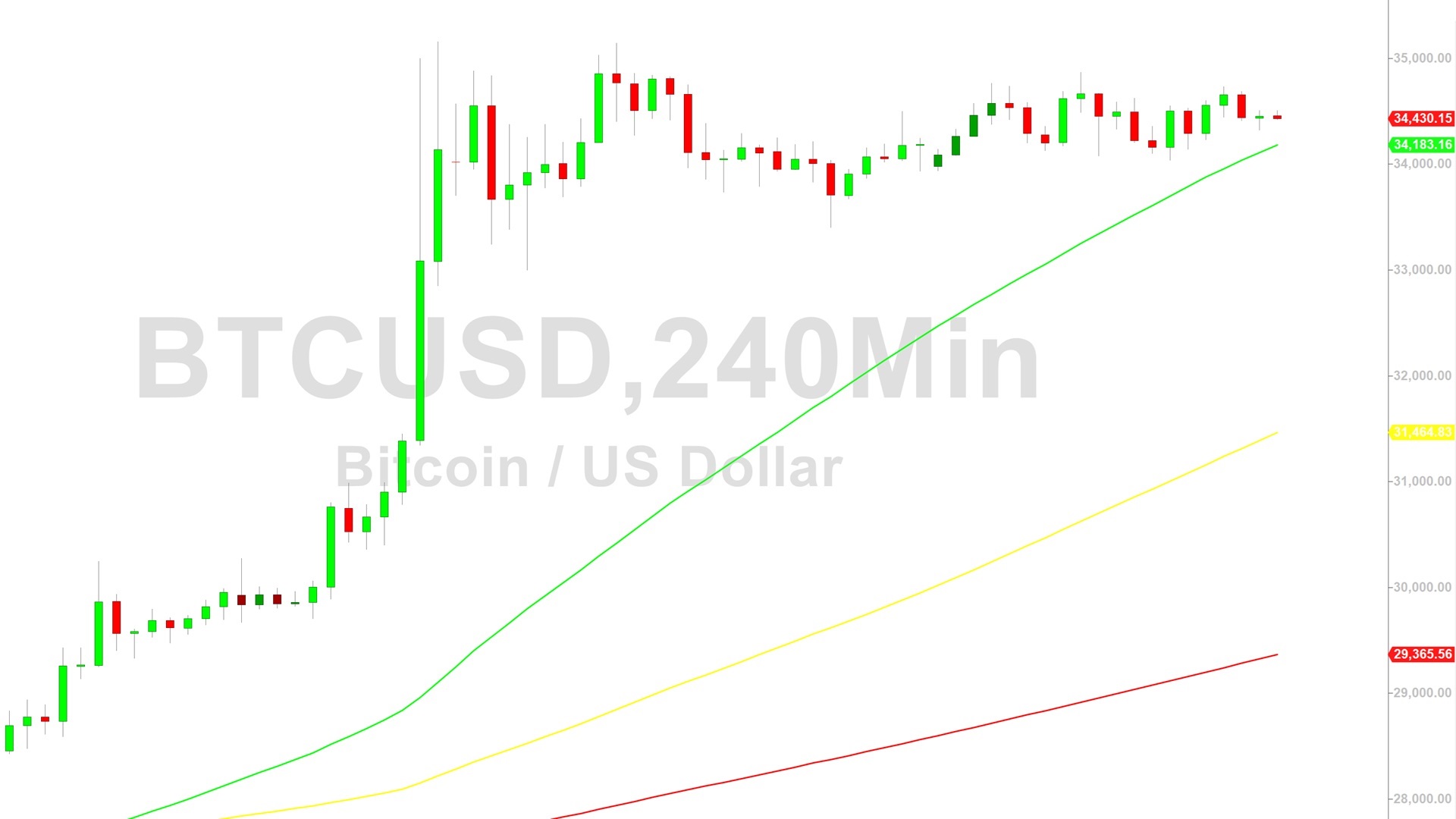The United States Securities and Exchange Commission has stated that it is delaying its decision on spot bitcoin applications until at least mid-October.
The likes of Fidelity, BlackRock, VanEck, WisdomTree, Bitwise, Invesco, and Valkyrie have filed several spot Bitcoin ETF applications.
The Wait Gets Longer
According to reports, the delay by the Securities and Exchange Commission was widely expected as the regulatory agency goes through a long list of recent applications. According to agency filings, these applications are from WisdomTree, BlackRock, Invesco, Galaxy, Wise Origin, Bitwise, VanEck, and Valkyrie Digital Assets. The regulator stated in separate filings that decision deadlines on BlackRock’s iShares Bitcoin Trust, Fidelity’s Wise Origin Bitcoin Trust, the VanEck Bitcoin Trust, WisdomTree Bitcoin Trust, and the Invesco Galaxy Bitcoin ETF were delayed until the 17th of October.
Meanwhile, the deadline for Valkyrie’s Bitcoin Fund was delayed until the 19th of October. The Securities and Exchange Commission also delayed its decision on the Bitwise Bitcoin ETP Trust to the 16th of October. The commission stated when referring to the WisdomTree Fund,
“The Commission finds it appropriate to designate a longer period within which to take action on the proposed rule change so that it has sufficient time to consider the proposed rule change and the issues raised therein.”
The Securities and Exchange Commission has been reluctant to approve a spot Bitcoin ETF and has flagged concerns about fraud and manipulation. However, the SEC did approve the trading of the first Bitcoin futures in 2021.
Bitcoin Price Drops On News
As expected, the Bitcoin price continued its decline following the news, with the world’s largest cryptocurrency dropping over 5% in 24 hours, as seen in data sourced from CoinGecko. Currently, it is trading just under the $26,000 mark. The Commission has 240 days from the day it begins its review of applications to make a decision to approve or deny the application. The commission’s staff have typically used all possible review and comment periods to delay making a decision until all of the 240 days have elapsed.
Grayscale Celebrates Win
Meanwhile, the Securities and Exchange Commission did suffer a setback after the DC Circuit Court of Appeals, in a ruling, observed that some of the arguments used by the commission to reject Bitcoin ETFs were “arbitrary and capricious.” Grayscale had argued that the SEC did not have any firm basis to reject its bid to convert the Grayscale Bitcoin Trust into an ETF. Judge Neomi Rao observed in her ruling that the SEC’s denial of Grayscale’s application to convert its Bitcoin Trust into an ETF was inconsistent with the approval of Bitcoin futures ETFs.
The court also noted that the SEC did not explain why it viewed these products differently, given that the underlying Bitcoin markets had a 99% correlation between spot and futures market prices. Grayscale had argued that its proposed ETF was materially similar to the futures ETFs.
“First, the underlying assets – bitcoin and bitcoin futures – are closely correlated. And second, the surveillance sharing agreements with the CME are identical and should have the same likelihood of detecting fraudulent or manipulative conduct in the market for bitcoin and bitcoin futures.”
The Securities and Exchange Commission has parroted similar arguments when rejecting other applications. While the decision does not mean we could be seeing a spot Bitcoin ETF in the near future, the SEC will have to revisit and re-review Grayscale’s ETF proposal.
Disclaimer: This article is provided for informational purposes only. It is not offered or intended to be used as legal, tax, investment, financial, or other advice.





